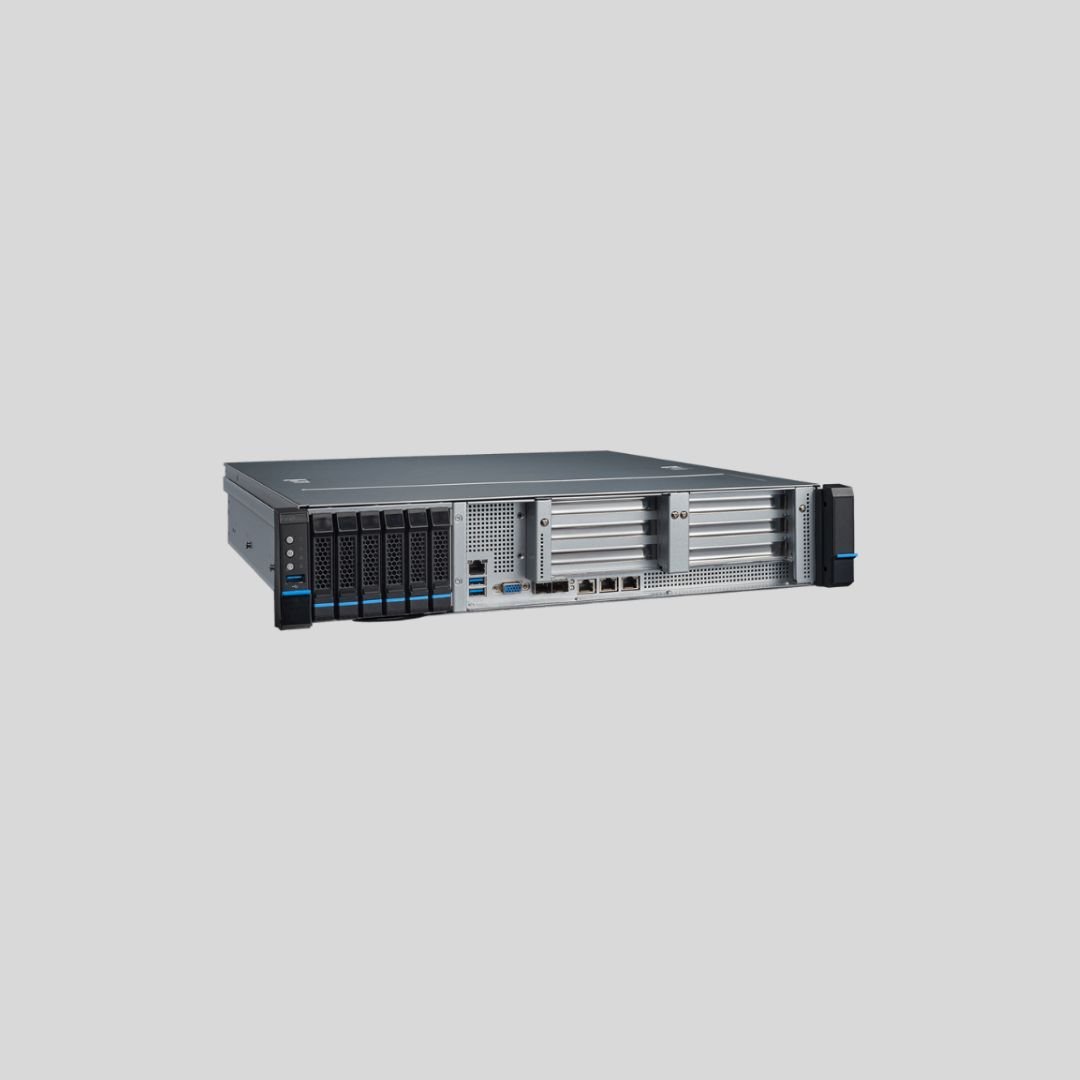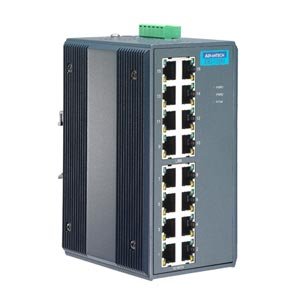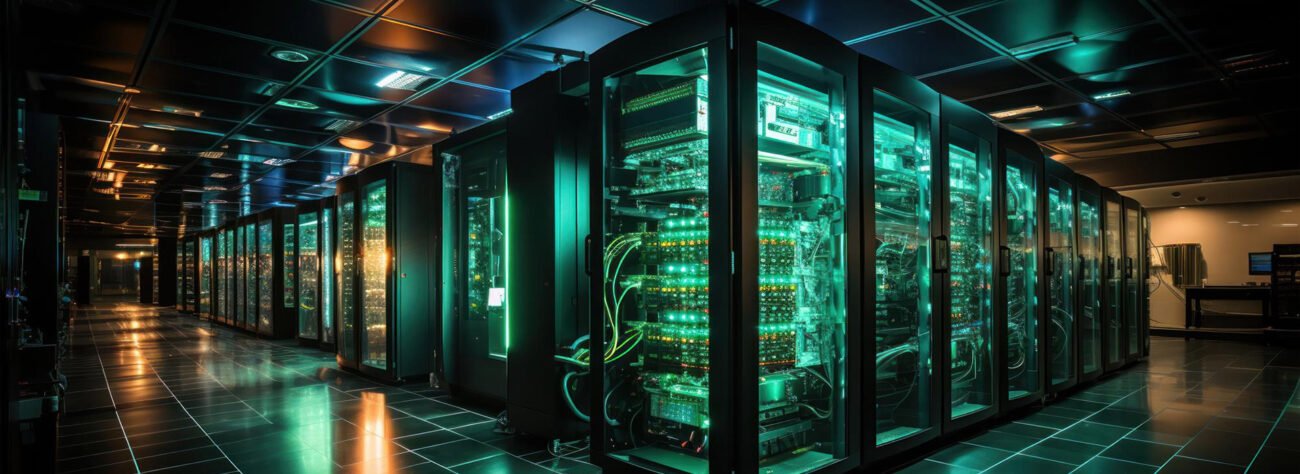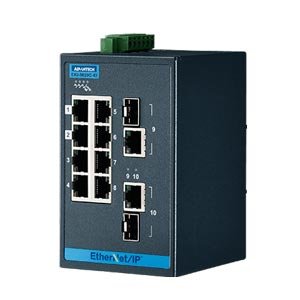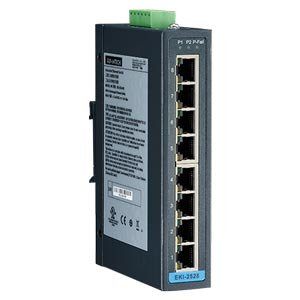1. Introduction
In today’s manufacturing industry, technology plays a vital role in driving efficiency and productivity. Among the many technological tools, industrial servers are at the heart of modern manufacturing operations. These servers help businesses optimize their processes, ensuring smoother workflows and faster production cycles. Whether through industrial Ethernet solutions for seamless networking or using a reliable storage server for data management, industrial servers are essential to meet the growing demands of modern manufacturing. The purpose of this blog is to explore how industrial servers serve as the backbone of manufacturing, enabling manufacturers to meet the demands of a rapidly evolving industry.
2. What Are Industrial Servers?
Industrial servers are specialized computing devices designed for use in harsh manufacturing environments. Unlike traditional IT servers, which are typically used in office settings, industrial servers are built to withstand tough conditions such as extreme temperatures, dust, moisture, and vibration. These servers offer high durability, reliability, and superior performance, making them ideal for demanding industrial tasks. A storage server, for instance, can manage large amounts of data produced by automated systems, while industrial servers ensure the continuity and security of these systems. Key components include industrial-grade processors, memory, and storage, all housed in rugged enclosures that protect them from physical damage. These characteristics make industrial servers perfect for managing automation systems, data processing, and real-time communication in manufacturing plants.
3. The Role of Industrial Servers in Manufacturing
Industrial servers are crucial in connecting various systems across a manufacturing plant. They seamlessly integrate with automation systems like SCADA (Supervisory Control and Data Acquisition) and PLCs (Programmable Logic Controllers), enabling efficient data flow and process control. These servers handle vast amounts of data, providing real-time monitoring and remote access capabilities. With the help of industrial Ethernet solutions, these servers ensure smooth, high-speed communication between various machines and control systems. By utilizing industrial servers, manufacturers can make quicker, more informed decisions, improve production accuracy, and minimize downtime. Real-time data processing is a key feature, helping to optimize production workflows, increase overall operational efficiency, and reduce the risk of delays.
4. Key Benefits of Industrial Servers in Manufacturing
Reliability and Uptime: Industrial servers are designed for maximum uptime, ensuring that manufacturing processes run smoothly without interruptions. Their robust design helps them operate continuously in challenging environments, giving manufacturers the confidence they need to depend on them for critical operations.
Scalability: As manufacturing needs grow, industrial servers can scale to accommodate more data, processes, and devices. This scalability makes them adaptable to the changing demands of modern factories, allowing for growth without the need for frequent hardware replacements.
Security: Security is a top priority for industrial servers, which offer advanced protection features to safeguard sensitive data from cyber threats. With the rise of interconnected systems in Industry 4.0, industrial servers play a vital role in protecting critical manufacturing data.
Improved Connectivity: Industrial servers support the integration of Industry 4.0 technologies, such as IoT (Internet of Things), enabling smart manufacturing solutions. By supporting industrial Ethernet solutions, they ensure reliable and high-speed communication between all connected devices and machines, facilitating a smarter and more interconnected production environment.
5. Challenges and Considerations When Choosing an Industrial Server
Choosing the right industrial server for your manufacturing operation requires careful consideration of various factors. First, the operating environment plays a key role in server selection, as these servers must endure heat, dust, and vibration. Industrial servers are built to handle these challenges, but ensuring that they can function under extreme conditions is crucial. Proper cooling mechanisms and energy efficiency are also essential. Excessive heat can damage server components, while energy efficiency helps lower operational costs. Compatibility with existing systems and software is also critical to ensure smooth integration and prevent disruptions. For manufacturers seeking a long-term solution, considering the expertise of the best industrial computer manufacturers is important to ensure the server’s quality and reliability. Lastly, cost considerations should be weighed against the potential return on investment (ROI). Although industrial servers may have a higher upfront cost, their durability, performance, and long-term savings make them a worthwhile investment for many manufacturers.
6. Conclusion
Industrial servers are essential to the success of modern manufacturing. They enable smarter, more efficient production processes, help manufacturers stay competitive, and are fundamental in driving the industry toward greater automation and connectivity. As technology continues to evolve, industrial servers will play an even more crucial role in shaping the future of manufacturing, empowering businesses to stay agile, efficient, and secure in a fast-changing world. By integrating advanced industrial Ethernet solutions and using reliable storage servers, manufacturers can ensure their operations run seamlessly and securely. With the support of the best industrial computer manufacturers, businesses can embrace the future of manufacturing technology, positioning themselves for continued success.

